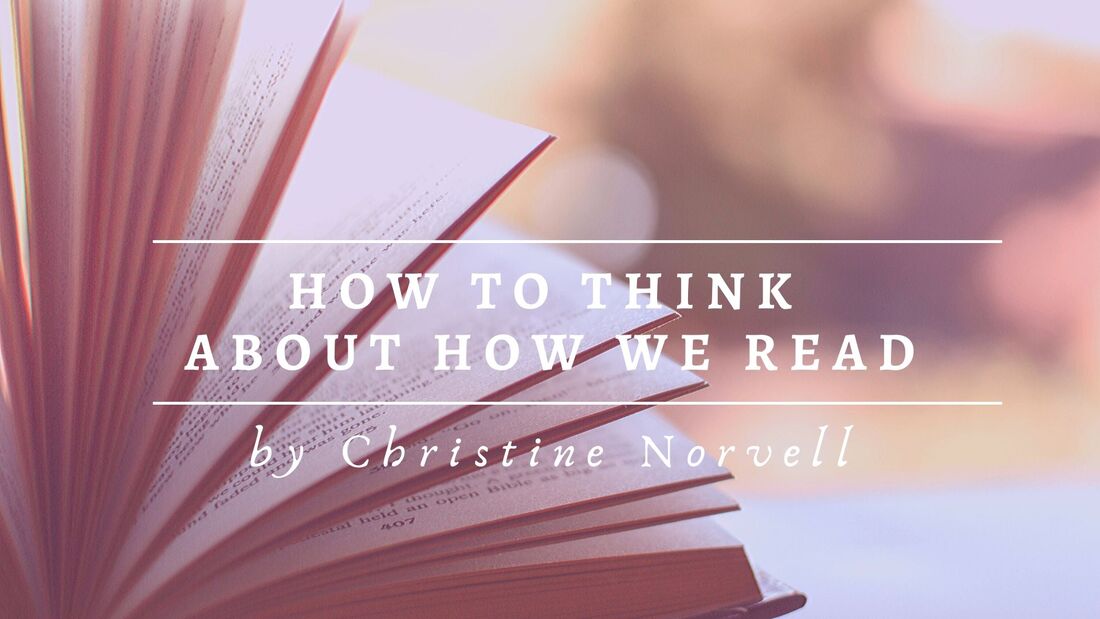|
AS I HAVE reread lots of C.S. Lewis for the past two months, I was delighted by his many timely suggestions in An Experiment in Criticism. Lewis truly shuns critics and their systems. He would have us ask what benefit literary criticism offers if each theory presents but one angle. But more than that, the critics have spent so much time developing their critical theories that they just might have forgotten why they began writing about reading in the first place. Tongue-in-cheek, Lewis says we are to leave them, the critics, to their own (now better informed) reactions because “When I inquire what helps I have had in this matter [in understanding what I read] I seem to discover a somewhat unexpected result. The evaluative critics come at the bottom of the list.” I had to laugh aloud at that. Let's all boot the critics! More than anything Lewis reminds us that the value of what we read lies with the reader alone-- For me it stands or falls by its power to multiply, safeguard, or prolong those moments when a good reader is reading well a good book and the value of literature thus exists in actu.” He wants us to think for ourselves and think of what we really derive from our reading. “If we take literature in the widest sense, so as to include the literature both of knowledge and of power, the question ‘What is the good of reading what anyone writes?’ is very like the question ‘What is the good of listening to what anyone says?’ Unless you contain in yourself sources that can supply all the information, entertainment, advice, rebuke and merriment you want, the answer is obvious. And if it is worth while listening or reading at all, it is often worth doing so attentively. Indeed we must attend even to discover that something is not worth attention.” Simply put, if something is worth reading, it is worth our full attention. More than understanding and discernment, though, what we read can reach us in deeper ways than we know. Whether we get out of ourselves or dive more deeply inward, Lewis says that one reason we happily read fiction is because we delight in the stir of our imaginations-- We want to see with other eyes, to imagine with other imaginations, to feel with other hearts, as well as with our own. We are not content to be Leibnitzian monads. We demand windows. Literature as Logos is a series of windows, even of doors. One of the things we feel after reading a great work is ‘I have got out’. Or from another point of view, ‘I have got in’; pierced the shell of some other monad and discovered what it is like inside.”
2 Comments
Jayne Caldwell
1/10/2020 07:25:22 pm
I chose Till We Have Faces for our next book group discussion. Many years ago I read it, but was not impressed. On this second reading I really wanted to be impressed, but not being a fan of mythology I found it difficult to understand until I found your Reading Companion. Thank you; it's a lot clearer now.
Reply
Christine Norvell
1/10/2020 08:12:55 pm
Hi Jayne,
Reply
Your comment will be posted after it is approved.
Leave a Reply. |


 RSS Feed
RSS Feed